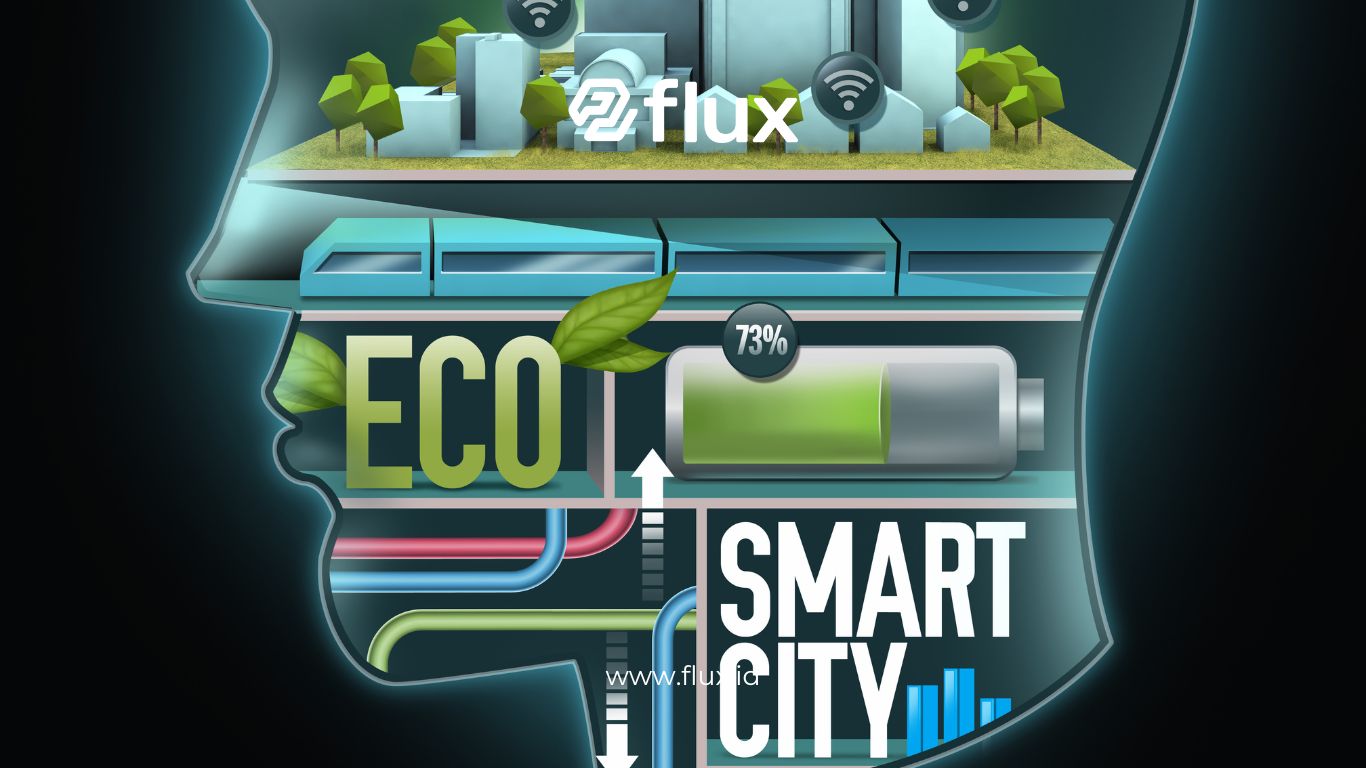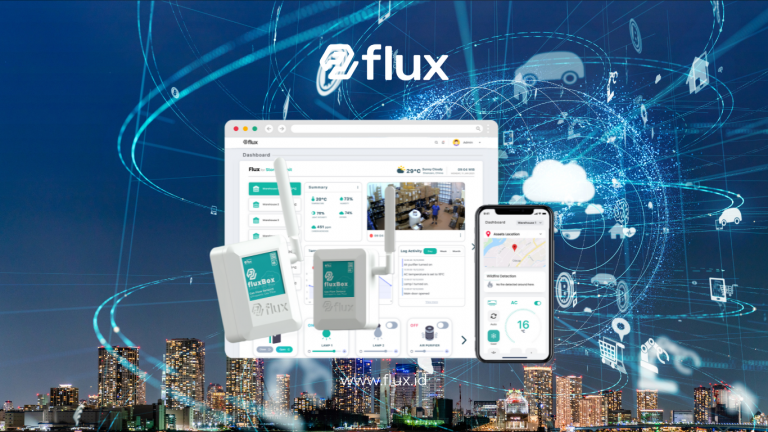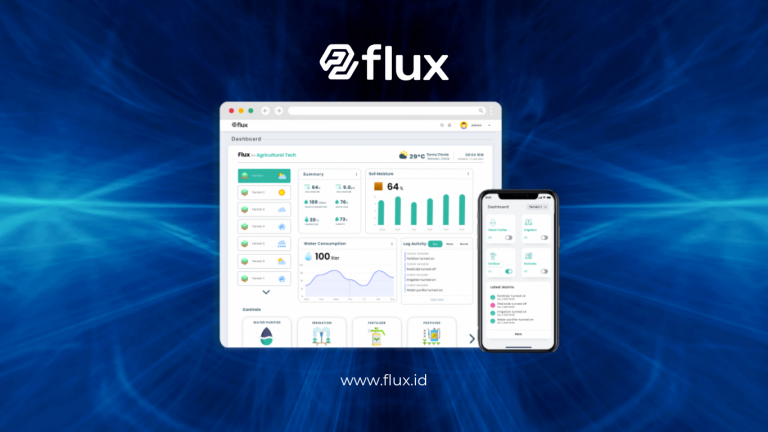Don't miss our holiday offer - 20% OFF!
As urbanization grows, cities in Indonesia face significant challenges in resource management, transportation, and quality of life. The emerging solution is the Smart City concept, which leverages modern technology to developing modern cities and enhance the efficiency of public services and overall well-being.
Contents
What Is a Smart City?
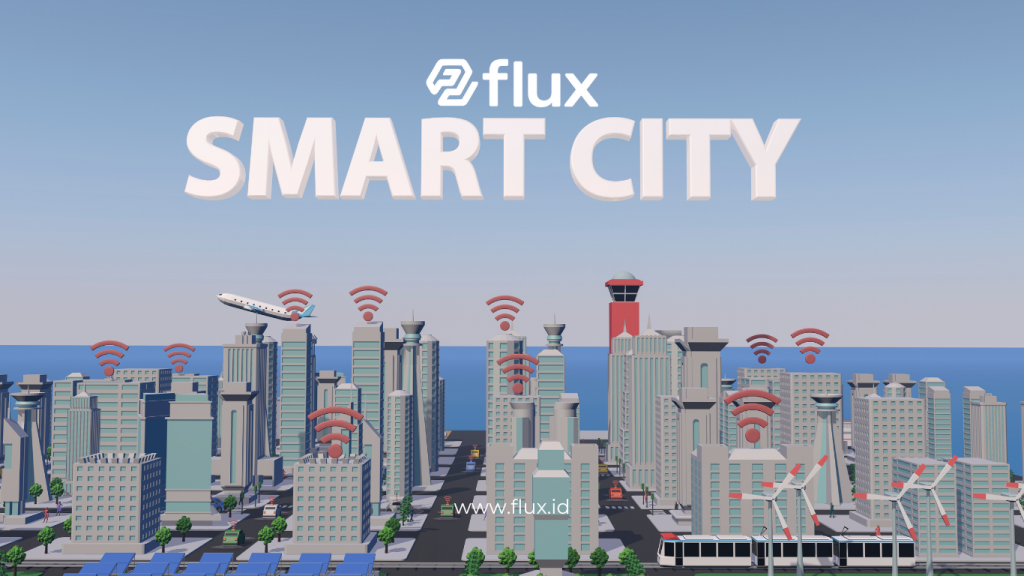
Read More: Smart City: Technological Solutions for Better Urban Living
A Smart City is a concept of city management based on Information and Communication Technology (ICT) to create more efficient, sustainable, and livable urban areas. Key technologies include:
- IoT (Internet of Things): For real-time data collection.
- Big Data Analytics: For in-depth analysis and decision-making.
- Artificial Intelligence (AI): For automating public services.
Opportunities for Smart City Development in Indonesia
Indonesia has significant potential for Smart City development due to several factors:
1. Rapid Urbanization
Over 56% of Indonesia’s population resides in urban areas. Smart Cities offer solutions to address challenges like traffic congestion, pollution, and infrastructure needs.
2. Government Support
The government, through the 100 Smart City Movement program, encourages cities to adopt modern technologies.
3. Digital Infrastructure Growth
The development of 5G networks and internet connectivity paves the way for technology-based city management.
4. Local Innovation
Indonesian startups and universities have created IoT- and AI-based solutions that support Smart Cities.
Smart City Implementation in Indonesia
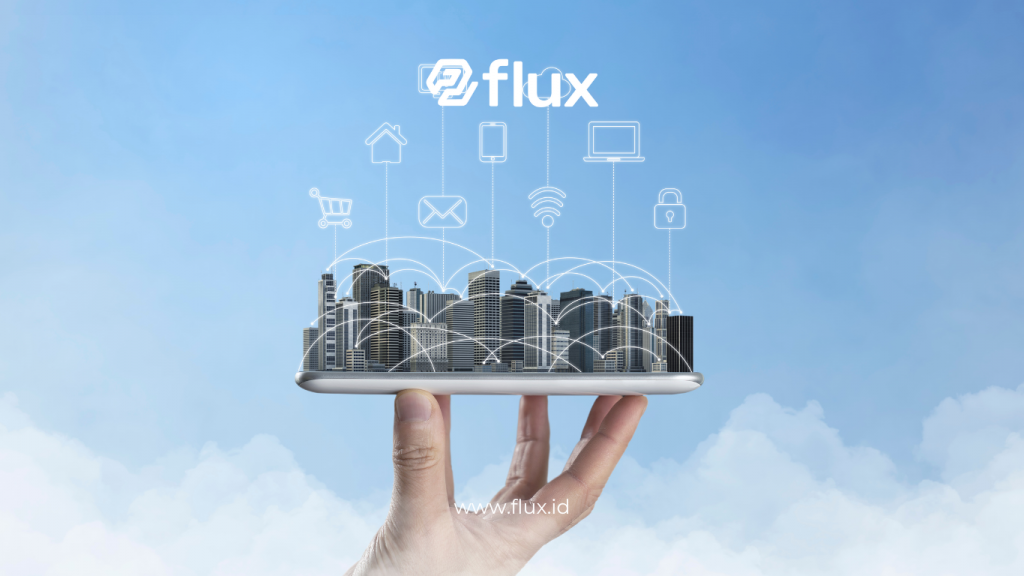
Read More: IoT Technology in Smart City Development: Realizing a Connected and Sustainable City
Several cities in Indonesia have adopted the Smart City concept, including:
1. Jakarta: Transportation and Waste Management Solutions
Jakarta leverages applications like Jakarta Smart City for traffic monitoring and data-based waste management.
2. Surabaya: Smart Environmental Initiatives
Surabaya focuses on eco-friendly technologies, such as sensor-based street lighting and automated wastewater management.
3. Bandung: Technology Innovation Hub
Bandung uses IoT for flood monitoring and citizen reporting systems through the Bandung Command Center application.
4. Makassar: Intelligent Transportation Systems
Makassar has implemented a smart bus system (Pete-pete Smart) connected to applications for scheduling and routing.
Challenges in Developing Modern Cities
Despite significant opportunities, implementing Smart Cities in Indonesia faces several challenges:
1. Digital Divide
Major cities have access to technological infrastructure, while rural areas lag in internet connectivity.
2. Limited Funding
Developing smart technologies requires substantial investment, and many regions face budget constraints.
3. Data Security
The massive collection of data raises concerns about privacy and cybersecurity threats.
4. Lack of Skilled Technology Professionals
The shortage of experts in information technology and data management slows down implementation efforts.
Strategies to Overcome Challenges
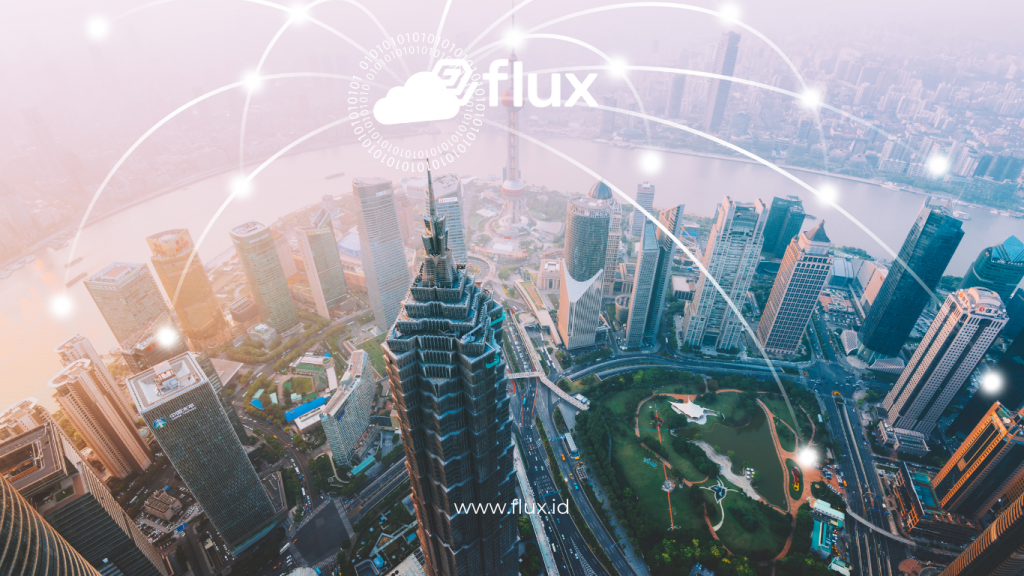
Read More: IoT Sensors: The Brain of a Smart City
To address these challenges, several strategies can be adopted:
- Public-Private Partnerships (PPP): Collaboration between governments and tech companies.
- Education and Training: Enhancing human resource capacity through digital training programs.
- Data Security Regulations: Establishing policies to protect privacy and prevent cyberattacks.
- Infrastructure Expansion: Extending internet connectivity to rural areas.
The Future of Smart Cities in Indonesia
The potential for Smart City development in Indonesia is immense if the government, private sector, and communities collaborate. Successful Smart Cities can improve public service efficiency, reduce environmental burdens, and enhance the quality of life.
Conclusion
Smart Cities in Indonesia represent a significant opportunity to create more modern, sustainable, and efficient urban areas. Although challenges exist, technological innovation and collaboration are key to overcoming them. With proper implementation, Smart Cities can address urbanization challenges while improving the quality of life for people across Indonesia.


